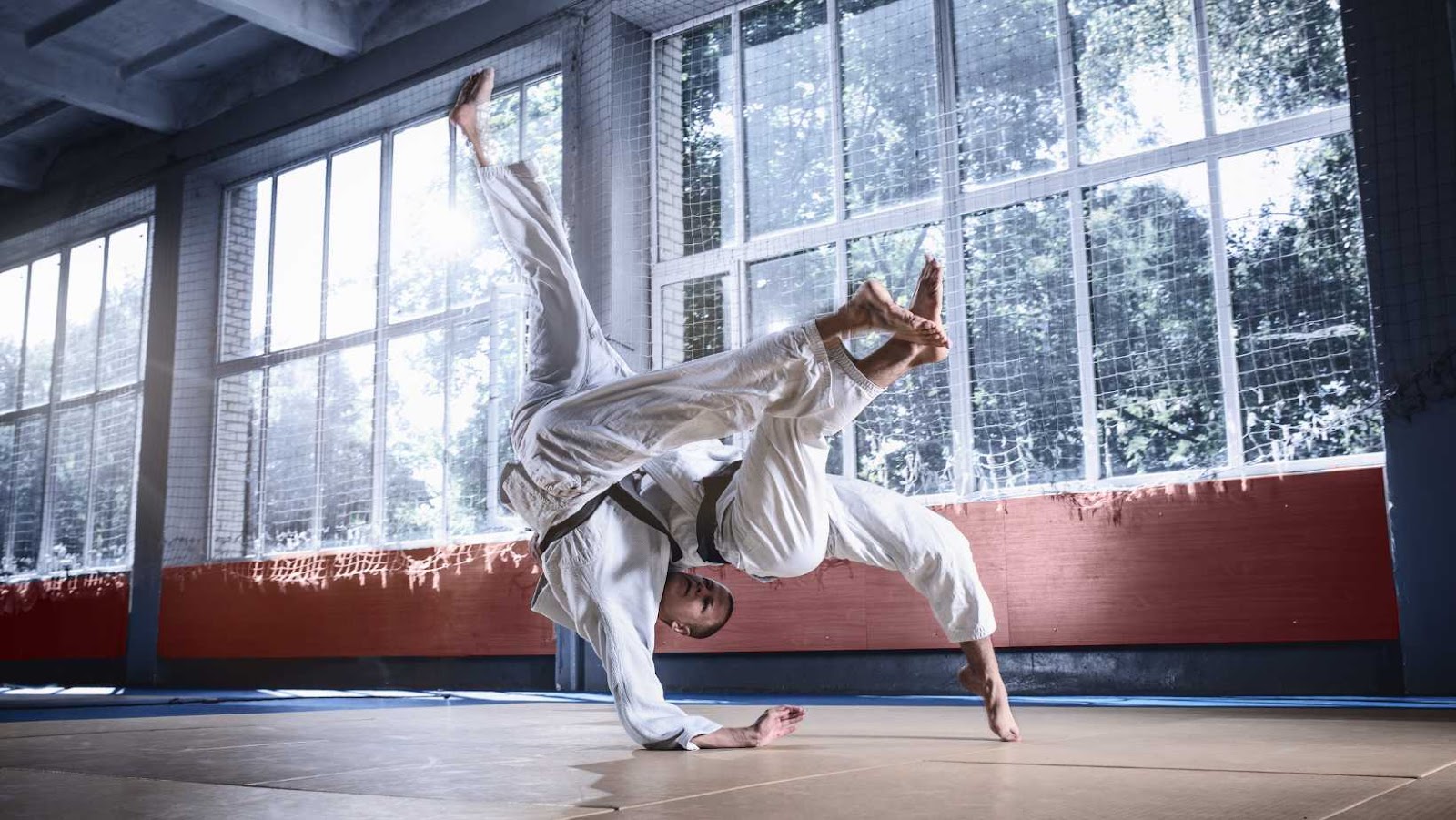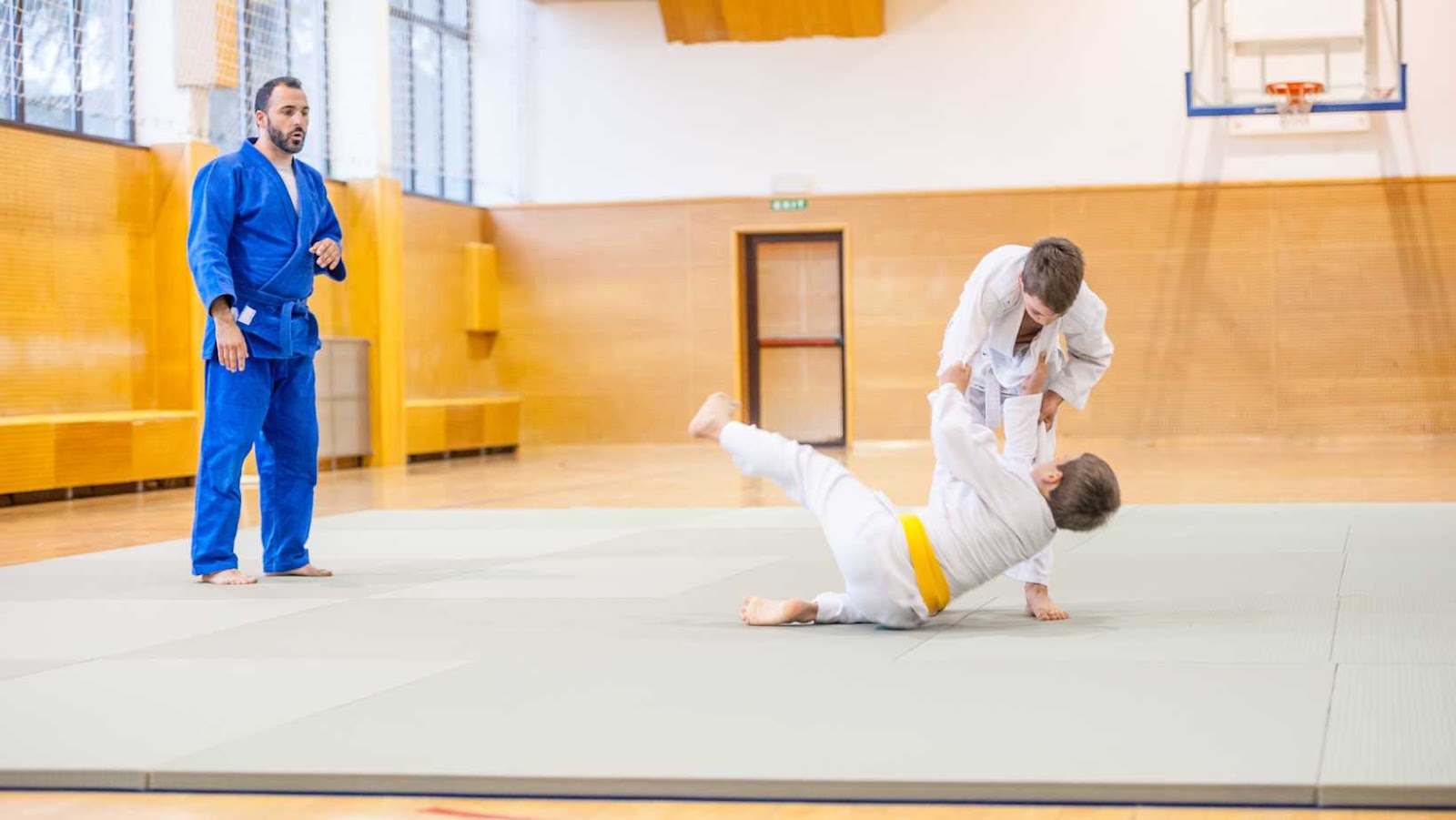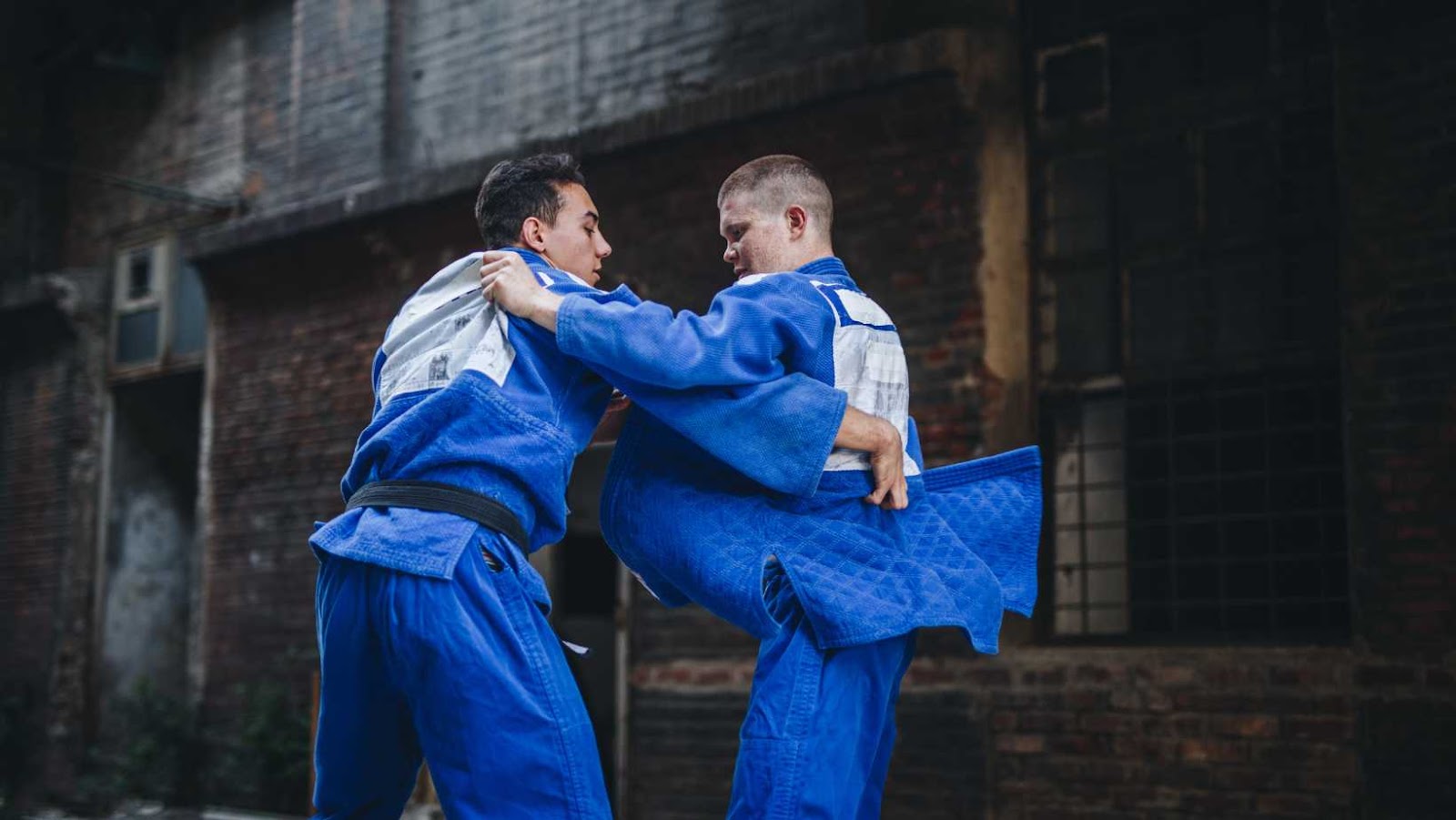The Olympics are a time for competition, and judo is no different. Judo competitions work hard to ensure that their athletes are ready to compete at the highest levels. Here’s a look at how judo competitions for the Olympics work.
How do Judo Competitions For The Olympics
The International Olympic Committee recognizes Judo as an official sport, and has been part of the Summer Olympics since 1964. Judo is also one of the few sports that has a Paralympic counterpart. Judo competitions at the Olympics are open to athletes who are at least 18 years old. There are two age divisions: under-23 and over-23. The gold medalist in each weight category is determined by a single-elimination tournament. The tournament consists of three rounds: the Preliminary Round, Quarterfinal Round, and Semifinal Round. The winners of the semifinal matches advance to the gold medal match, while the losers compete in the bronze medal match. During a judo match, athletes try to score points by throwing their opponents to the ground, or by forcing them to submit with a choke hold or joint lock. A throw that leaves an opponent lying on their back scores ippon (one point), which instantly ends the match. If neither athlete scores ippon before time expires, then the one with the most points wins the match. Judo is unique among Olympic sports in that it uses a system of weight classes, rather than separating athletes by gender. This means that both men and women can compete against each other in Judo, although in practice most matches are between athletes of the same gender.
What Are The Benefits of Judo Competitions For The Olympics
The benefits of judo competitions for the Olympics are many and varied. Judo competitions can help improve the athlete’s techniques and skills, as well as providing an opportunity to test their abilities against the best in the world. In addition, judo competitions can help raise funds for Olympic athletes and provide valuable experience for those who are interested in becoming Olympians.
How Can Judo Competitions Help The Olympics
Judo competitions could potentially help the Olympics in a few ways. First, judo is an outdoor sport, which means that it can be held in a variety of locations. This could potentially help the Olympics to reach new audiences in different parts of the world. Additionally, judo competitions are generally short and concise, which could help to keep viewers engaged. Finally, judo is a relatively new sport, which means that it has the potential to attract new viewers and improve ratings.

What Are The Drawbacks of Judo Competitions For The Olympics
There are a few potential drawbacks to judo competitions being included in the Olympics. One is that judo is not as widely known or popular as other sports, so it may be difficult to generate interest and support for it. Additionally, judo competitions can be quite brutal and violent, which some people may find off-putting. It remains to be seen whether these potential drawbacks will actually impact judo’s inclusion in the Olympics in any significant way.
What is The Future of Judo Competitions For The Olympics
Judo has been part of the Olympic Games since 1964 and is currently one of the most popular sports in the world, with more than 200 million fans worldwide. However, the future of judo competitions at the Olympics is unsure, as the International Olympic Committee (IOC) has expressed concerns about the sport’s lack of gender equality and international appeal. Judo is a traditional Japanese martial art that was first added to the Olympic Games in 1964. The sport is governed by the International Judo Federation (IJF), which was founded in 1952. The IJF is located in Lausanne, Switzerland and is currently made up of 200 member nations.

The sport has undergone a number of changes since it was first added to the Olympics, most notably in terms of gender equality. In 1992, women’s judo was added as an official Olympic sport, with two weight classes for women (lightweight and middleweight). In 2016, four more weight classes were added for women (light-heavyweight, heavyweight, super-heavyweight), bringing the total number of weight classes for both men and women to 14. Despite these changes, the IOC has expressed concerns about judo’s lack of gender equality and international appeal. In particular, the IOC has noted that only four countries (Japan, France, South Korea, and Brazil) have won medals in all three Olympiads that judo has been contested in (1964, 1992, 2016). The IOC has also pointed out that only 10% of judo athletes are women, compared to 45% in other sports such as athletics and swimming. As a result of these concerns, the IOC has threatened to remove judo from the Olympics if significant changes are not made to increase gender equality and international participation. The IJF has responded by proposing a number of reforms, including increasing the number of weight classes for women from four to seven and adding more mixed-gender events. However, it remains to be seen whether these reforms will be enough to convince the IOC to keep judo in the Olympics.
